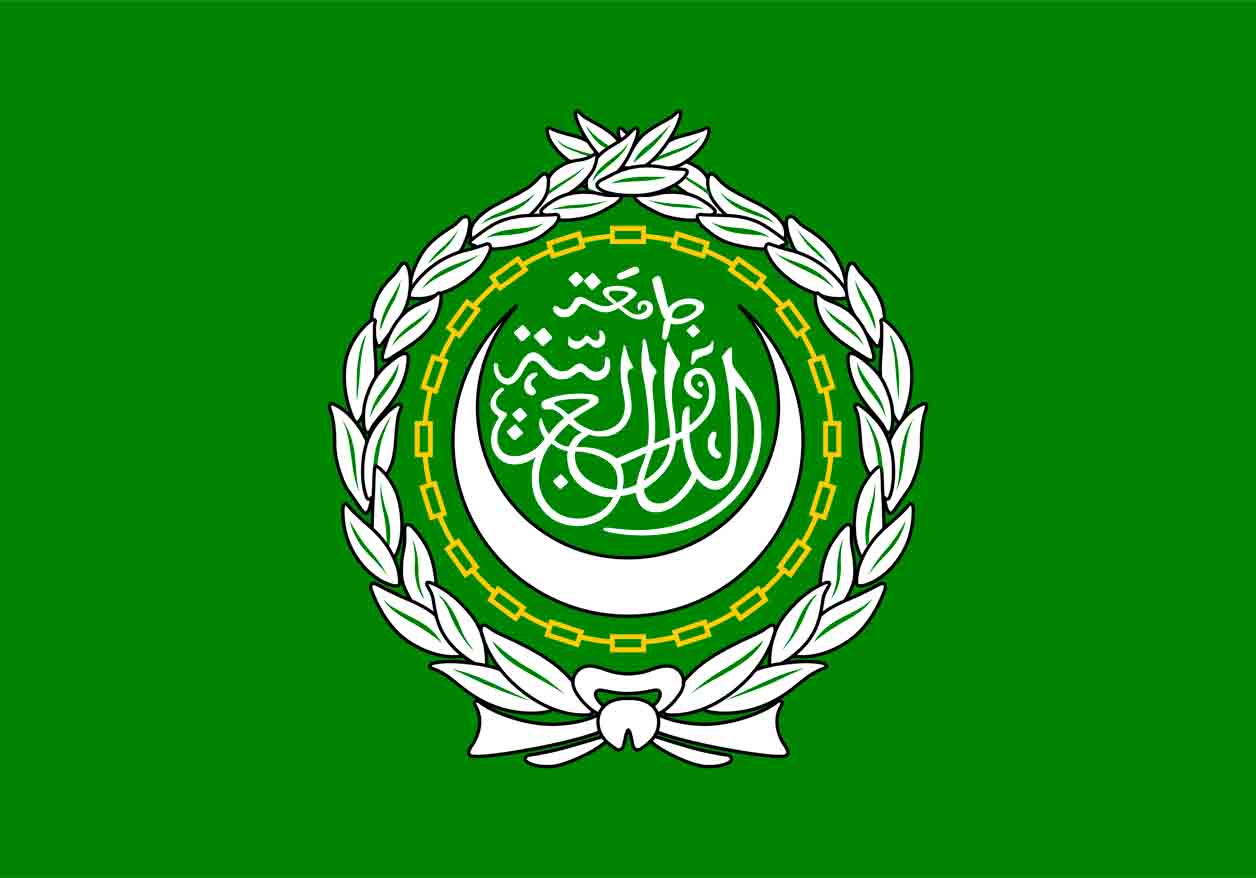The ICJ today dismissed the adoption by the League of Arab States (LAS) of the Statute of the Arab Court of Human Rights as an empty gesture that will do nothing for the victims of human rights violations in the Middle East and North African (MENA) region.
The Ministerial Council of the League adopted the Statute on 7 September 2014. The ICJ has called on the LAS member States to repudiate the flawed text and not to ratify it.
The Statute essentially restricts access to the Arab Court to States, rather than to the actual victims of the violations, relying on States to bring actions against other States, the ICJ says.
Such State-to State complaints are not likely to happen, as shown from the experience of other international human rights bodies.
Political considerations provide a disincentive for States to act on behalf of victims from other States.
Under the Statute, it may also be possible for some non-governmental organizations to bring a claim, but only where States have agreed to this in advance and the organization is State-approved.
A provision that allowed for the Arab Human Rights Committee to refer cases to the Arab Court was deleted from the draft that was submitted for approval by the Ministerial Council.
“The ICJ does not consider this Statute to have established a genuine human rights court. It is a gross departure from the human rights courts established in other regions of the world: Africa, the Americas, and Europe. Indeed, the Statute defeats the very purpose of establishing a human rights court: to provide those whose rights have been violated in the LAS member States with direct access to an effective judicial remedy,” said Said Benarbia, Director of the ICJ MENA programme.
The ICJ expressed the view that several other provisions of the Statute, including those relating to the independence of the Court and its judges, the jurisdiction of the Court, and the admissibility of cases, fell far short of international standards and practice.
From the outset of the process of elaborating the Statute, the ICJ had repeatedly urged the LAS Secretariat and member States to ensure that the drafting process would be inclusive and transparent and that the adopted text would accord with international human rights law and standards.
In actuality, the process of elaborating the Statute was opaque, the ICJ says.
The identity of the members of the expert committee that drafted the Statute and its methods of work were never publicized.
The various drafts were never officially publicized nor subject to any meaningful consultation with civil society organizations and other key stakeholders.
Seventeen leading national and international human rights organizations sent a letter last week to the LAS Ministers of Foreign Affairs, urging them to defer action on the adoption of the Statute.
A delegation from the ICJ and other national and international organizations visited Egypt from 31 August to 5 September with a view to engaging with State representatives and high-ranking officials from the LAS.
Requests for meetings with the LAS Secretary General and other LAS senior officials went unanswered.
“Right until the last minute of the process, the LAS Secretariat and most of the LAS member States have refused to engage with civil society organizations or to consider any recommendations formulated by them with a view to amending the draft statute,” Benarbia added.
Contact:
Said Benarbia, Director of the ICJ MENA programme, t: +41 22 979 38 17, e: said.benarbia(a)icj.org
MENA-Arab League’s Human Rights Court-news-press release-2014-ara (full text in pdf)





